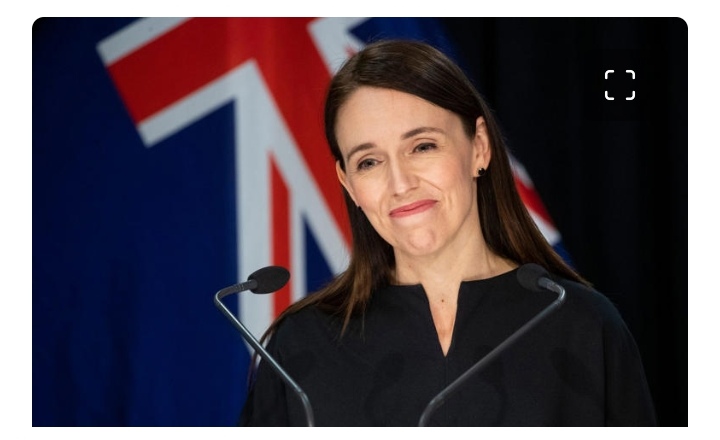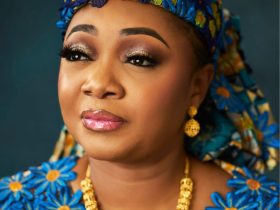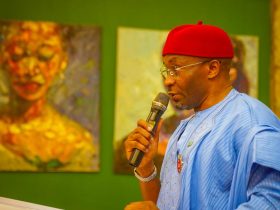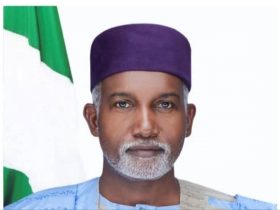The prime minister of New Zealand Jacinda Ardern has promised that she believed the country would become a republic within her lifetime but insisted that the change was not imminent.
Jacinda Ardern said that while she thought New Zealand ditching the monarchy was an inevitability, it was not a priority of her government.
“I’ve made my view plain many times. I do believe that is where New Zealand will head, in time. I believe it is likely to occur in my lifetime,” she said in her first comments on the issue since Queen Elizabeth II died last Thursday.
Ms Ardern is personally in favour of the former British colony becoming a republic but says she has other more pressing issues to deal with for now.
“I don’t see it as a short-term measure or anything that is on the agenda any time soon,” she said.
She did not sense an “urgency” on the part of New Zealanders to discuss the issue. “There are so many challenges we face. This is a large, significant debate. I don’t think it’s one that would or should occur quickly.”
She has made similar remarks in the past. In May last year, she said: “I’ve been very clear that despite being a republican, I’m not of the view that in the here-and-now in my term of office, that this is something New Zealanders feel particularly strongly about. I don’t know that I’ve had one person actually raise with me generally day-to-day the issue of becoming a republic.”
New Zealand appears to be taking a similar line to its neighbour Australia, where Anthony Albanese, the prime minister, said on Sunday that the country would not be holding a republic referendum any time soon.
In contrast, Antigua and Barbuda announced at the weekend that it would hold a referendum within three years to decide whether to become a republic.
Gaston Browne, the prime minister, said the move was “not an act of hostility” towards the British Crown and conceded that most people in the Caribbean nation did not pay the issue much thought.
The prime minister of Jamaica said last year that there was “no question that Jamaica has to become a republic”.
Aside from the UK, there are 14 countries, known as Commonwealth realms, that have the British monarch as their head of state.
Several are in the Caribbean while five are in the Pacific – New Zealand, Australia, the Solomon Islands, the tiny atoll country of Tuvalu and Papua New Guinea, where the Queen was known in the local pidgin language as “Misis Kwin”.
Before he became King, Prince Charles was known in the creole language as “nambawan pikinini blong misis kwin” – the Queen’s number one, or first-born child.
While republican stirrings in PNG appear to be subdued, at least for now, New Zealand has a republican movement which has long called for the role of head of state to be filled by a local.
“A New Zealand citizen as head of state will make it clear that New Zealand is an independent country,” New Zealand Republic says. “It will signal New Zealand’s independence and maturity to the world.”
Across the Commonwealth, there has been speculation that the death of the Queen would hasten the impetus for some countries to become republics on the basis that Charles is held in less esteem.
In New Zealand, that appears to be a distant prospect. Ms Ardern announced that New Zealand will mark the death of the Queen with a public holiday on September 26, as well as a state memorial service in Wellington.
“As New Zealand’s Queen and much-loved sovereign for over 70 years, it is appropriate that we mark her life of dedicated public service with a state memorial service and a one-off public holiday,” she said.











Leave a Reply